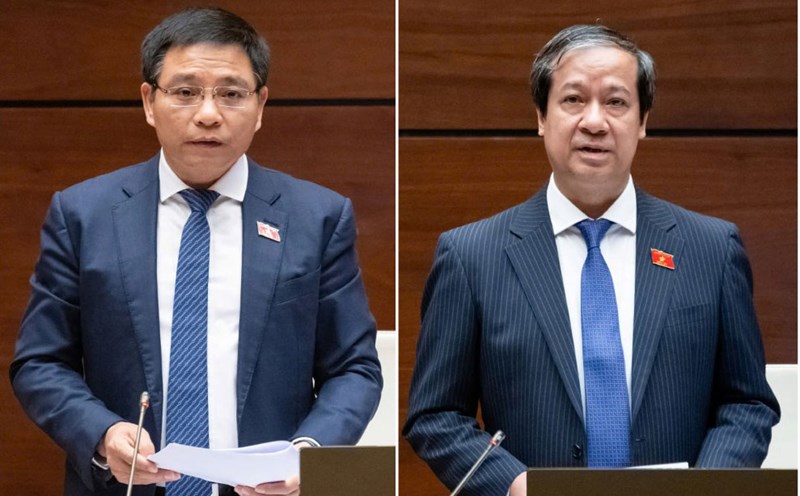According to Reuters, the G7 Finance Ministers have made efforts to give a positive view of the discussion, with the aim of reaching a joint statement, focusing mainly on issues outside tariffs.
The discussion included supporting Ukraine, the threat from the non-market economic policies of some countries, as well as fighting financial crimes and drug trafficking.
Reuters said that G7 financial officials are trying to avoid a similar dividing scenario as at the G7 summit hosted by Canada in 2018, when the US imposed aluminum and steel tariffs, causing the parties to fail to reach a common announcement. At that conference, Canada, Japan, Germany, France, the UK and Italy agreed to express deep concern and disappointment in US tariffs.
G7 sources said that although the tax rate this time is significantly higher, the parties are still trying to find a middle ground with the US. The air has improved. We had a sincere and frank discussion between our allies," French Finance Minister Eric Lombard said after the meeting between the French Finance Minister and his US counterpart Scott Bessent.
Previously, Minister Lombard affirmed his readiness to accept no joint statement, as long as the G7 gains a common understanding of how to reduce trade imbalances, improve growth policies and how to respond to the Russia-Ukraine conflict.
However, Italian Economy and Finance Minister Giancarlo Giorgetti said that achieving a common declaration is a key step. Minister Giorgetti revealed that Italy is pushing for a ban on countries that have used to cooperate with Russia in rebuilding Ukraine, in line with the view that US officials have raised.
At the conference, delegates also discussed the possibility of lowering the price ceiling for Russian oil. The G7 is fixing a price cap of $60/barrel for Russian oil. The EU is pushing for a price cap on Russian oil as the bloc prepares to impose its 18th package of sanctions on Russia.
Another European official assessed that the participation and goodwill to seek consensus of US Treasury Secretary Scott Bessent in the G7 brought security to countries. Mr. Bessent did not attend the G20 financial conference in South Africa in February.
A US source familiar with Bessent's stance said that Washington would not accept a joint statement if it did not match US priorities, including the G7 needing to take a stronger stance against non-market measures, such as industrial subsidies that cause global manufacturing capacity to be in excess.
"The message we are conveying to Mr. Bessent is that tariffs are not a suitable tool to address global imbalances," another European official noted.
Canadian Finance Minister Francois- Philippe Champagne said he had a positive meeting with Bessent. US Treasury Secretary Bessent also met with German Finance Minister Lars Klingbeil on May 21. German sources said the talks were open, constructive and lasted longer than expected.
Currently, Japan, Germany, France and Italy are all facing the risk that US tariffs could double to 20% or more from early July. Meanwhile, the UK has negotiated a limited trade deal but still has a 10% tax on most goods. Canada is also facing a 25% tariff imposed by the Trump administration on many export items.











